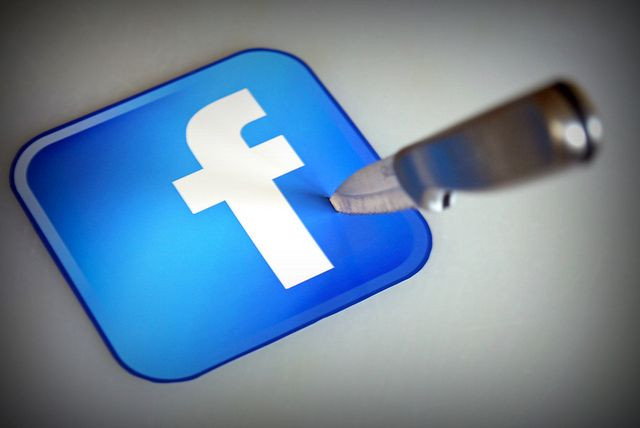Facebook Addiction: Social Media Use Linked To Reward Center In Brain, Scientists Conclude

In a day and age where Facebook, Twitter, Instagram, and countless other social media platforms are integrated into virtually every business and pastime, quips about addiction are not unwarranted. But is there any scientific merit to such theories?
New research suggests that claims about Facebook and social media addictions are not purely hyperbolic. In a recent study, German scientists linked the intensity of Facebook use to the brain’s nucelus accumbens — our cerebral “reward center” — where we subconsciously derive chemical payoffs from certain actions. The findings, published in the journal Frontiers in Human Neuroscience, indicate that positive social feedback channeled through platforms like Facebook correspond to heightened activity within this area.
According to study author Dar Meshi, the “addictive” effect may originate in Facebook’s capacity for reputation management. Although social reputation is often dismissed by some individuals as puerile and meaningless, it endures as an instinctual component of human psychology.
“As human beings, we evolved to care about our reputation. In today's world, one way we're able to manage our reputation is by using social media websites like Facebook,” Meshi wrote. "Our study reveals that the processing of social gains in reputation in the left nucleus accumbens predicts the intensity of Facebook use across individuals. These findings expand upon our present knowledge of nucleus accumbens function as it relates to complex human behavior."
In a concomitant experiment involving 31 subjects, the researchers found that fluctuations in nucleus accumbens activity was proportional to an individual’s Facebook use. Using MRI scans, Meshi and his colleagues recorded the subjects’ responses to both received and observed positive social feedback. Positive feedback given to someone else yielded a different activity pattern compared to positive feedback directed at the subject himself or herself. The degree to which activity differed corresponded to the intensity of Facebook use.
"Our findings relating individual social media use to the individual response of the brain's reward system may also be relevant for both educational and clinical research in the future," the study authors write.
That said, the researchers stress that the results do not determine long-term effects or whether the heightened activity compels users back to the platform — two key characteristics of addiction. Social media may approximate drugs and alcohol in the heightened brain activity it yields, but its long-term addictive capacity is still unknown. For now, Facebook addiction remains an unproven but plausible epidemic.
All things in moderation.



























